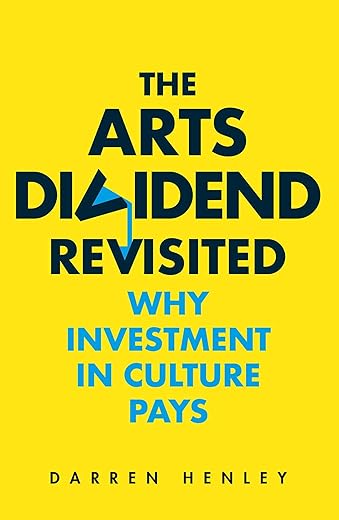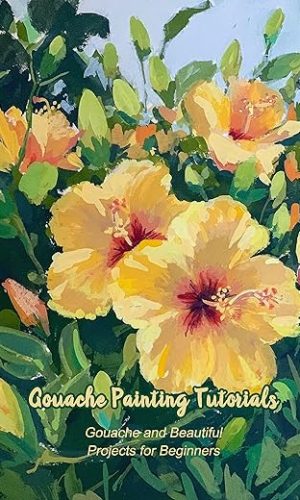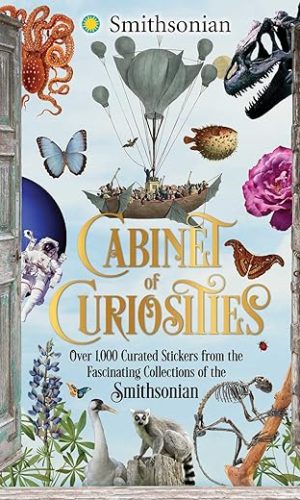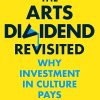The Arts Dividend Revisited: Why Investment in Culture Pays
£11.20£12.30 (-9%)
Sustained and strategic public investment in art and culture enables this to happen. It’s investment that pays big dividends in everyone’s lives.
The Arts Dividend Revisited encourages us to consider our country’s innate creativity and the invaluable rewards to be gained from the public investment that enables the arts, museums and libraries to be a part of everyone’s lives, no matter who they are or where they live.
The result of a non-stop five-year journey across the length and breadth of England, Darren Henley reflects on our remarkable national cultural landscape from Cumbria to Kent and from Cornwall to Northumberland – and why he believes that public investment in creativity and culture can help us all to lead happier lives.
Read more
Additional information
| Publisher | 2nd edition (6 Aug. 2020), Elliott & Thompson Ltd |
|---|---|
| Language | English |
| Paperback | 224 pages |
| ISBN-10 | 1783965185 |
| ISBN-13 | 978-1783965182 |
| Dimensions | 19.69 x 2.03 x 12.7 cm |










by Arachne202
Darren Henley wrote this after his first year of being Chief Executive of Arts Council England, and he has a lot to say about how much fun he has had in the past year in the job, all the travelling around the country he has done, all the projects he has seen, and all the delicious home-cooked food he has eaten as apparently creative people are, without exception, great cooks as well. The entire book is dripping with joy and enthusiasm.
What he is trying to do is convince naysayers on why arts should be funded. He lists a number of “dividends”, and writes a whirlwind chapter about each one. He does cite various reports and studies if anyone wants to go and check out the research in a more sober and detailed fashion, but this book is more of an introduction to the benefits of the arts, rather than an in-depth study on the subject. And though he doesn’t explicitly say so, I get the impression that he is very disappointed with the local authorities in England who have been cutting or even eliminating all support for the arts in recent years – there is one page where he makes noises about them letting the side down, and the whole last chapter, “Reputation”, is given over to boasting about the local authorities who have been supporting the arts in a big way, and how wonderful they are for doing so.
I’m not quite sure who this book is aimed at, other than naughty local authorities. It’s too lightweight for academic purposes, it makes no reference to how business and corporate sponsorship can get involved, it makes only the briefest mention of individual philanthropists of high net worth, it says nothing about how the general public can be financially supportive, and it doesn’t really detail a lot about what Arts Council England does.
But, though it was very much preaching to the converted, I greatly enjoyed the read.
by D. J. Lye
Persuasive and stimulating this essay tours the UK and the arts in their broadest sense. Darren Henley is both passionate and thoughtful in his advocacy of the value of culture to a thriving society
by Sandra
Darren Henley is always worth reading – good value for money.